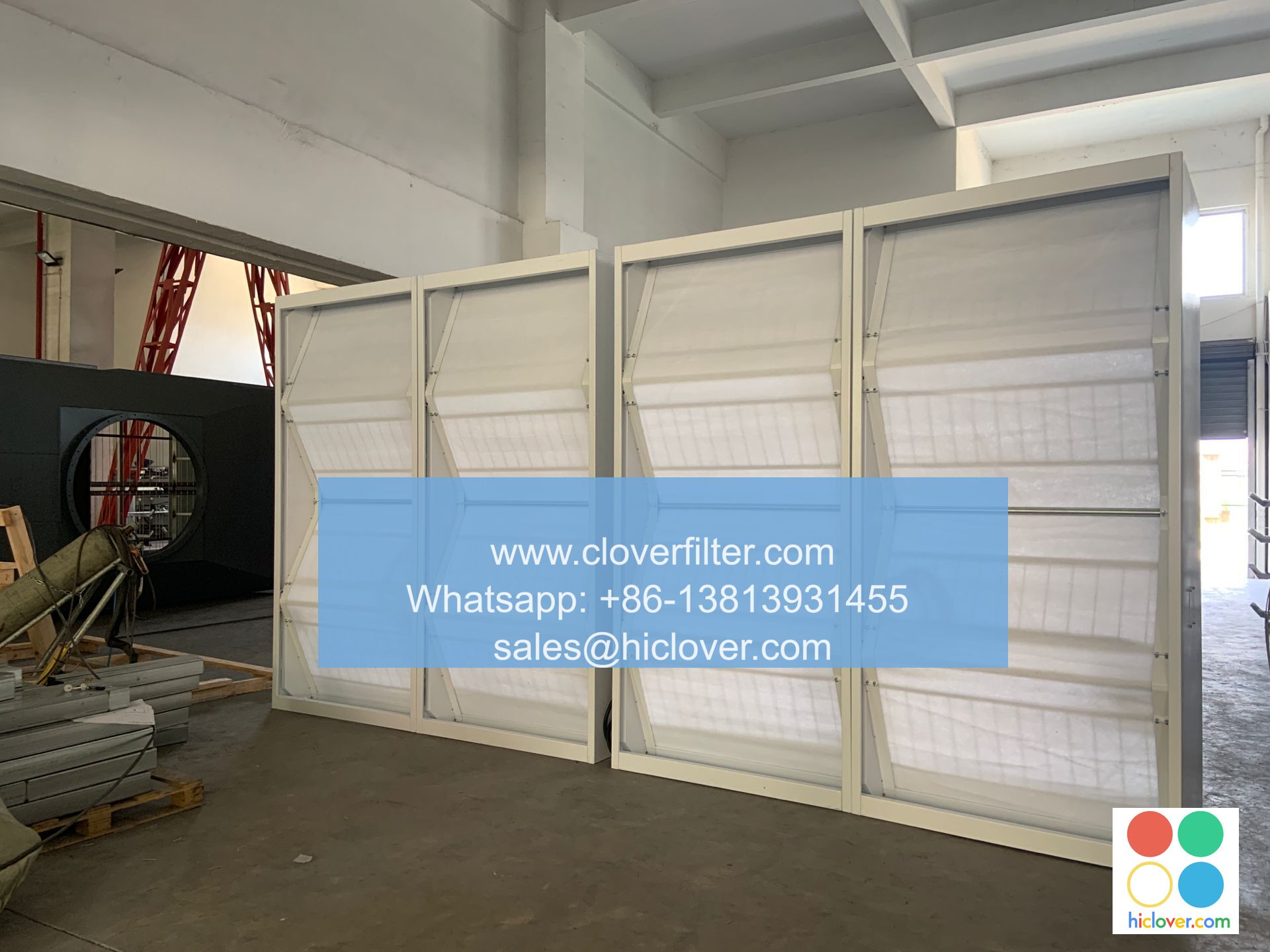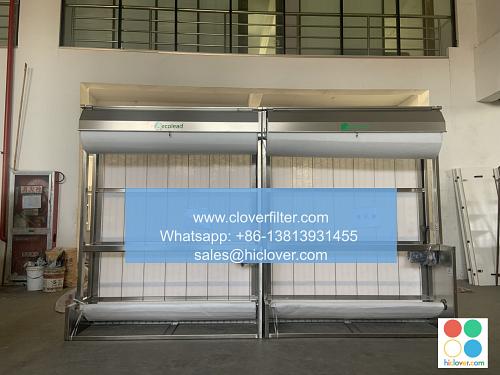The Effects of Air Filter Pressure Drop on System Noise

The Effects of Air Filter Pressure Drop on System Noise
Introduction
Air filters are an essential component of many systems, including HVAC, industrial, and automotive applications. While they provide excellent air quality and protection against contaminants, they can also have a significant impact on system noise. In this article, we’ll explore the effects of air filter pressure drop on system noise and highlight various application areas where this consideration is crucial.
What is Pressure Drop?
Pressure drop, also known as ΔP, refers to the difference in pressure between the inlet and outlet of an air filter. It’s measured in pascals (Pa) and is a critical factor in determining the performance and noise levels of a system. As air passes through the filter, it encounters resistance, which increases the pressure drop. Higher pressure drops can result in increased noise levels, vibration, and even reduced system efficiency.
Effects of Pressure Drop on System Noise
Air filter pressure drop can significantly impact system noise in several ways:
- Increased Inlet Flow Rate: As pressure drop increases, the filter’s inlet flow rate decreases. This can lead to turbulence, which generates noise throughout the system.
- Increased Vibration: Higher pressure drops can cause the filter to vibrate, generating noise and reducing its lifespan.
- Increased Fan Power Consumption: To maintain airflow, fans must work harder to overcome the increased pressure drop, leading to increased power consumption and noise levels.
- Reduced System Efficiency: Higher pressure drops can lead to reduced system efficiency, as the filter’s increased resistance reduces airflow and increases energy consumption.
Application Areas
The effects of air filter pressure drop on system noise are crucial to consider in various application areas, including:
- HVAC Systems: In residential and commercial HVAC systems, high pressure drops can lead to increased noise levels, reduced system performance, and increased energy consumption.
- Industrial Processes: In industrial processes, high pressure drops can disrupt operations, reduce product quality, and increase maintenance costs.
- Automotive Systems: In automotive systems, high pressure drops can compromise driver comfort, reduce fuel efficiency, and impact vehicle performance.
Noise Reduction Strategies
To mitigate the effects of air filter pressure drop on system noise, consider the following strategies:
- Selecting the Right Filter: Choose filters with lower pressure drops to reduce noise levels and improve system performance.
- Filter Cleaning and Maintenance: Regularly clean and maintain filters to reduce pressure drop and prevent premature replacement.
- Filter Replacement: Replace filters promptly to prevent increased pressure drop and noise levels.
- System Design Optimization: Optimize system design to minimize pressure drops and reduce noise levels.
Conclusion
Air filter pressure drop has a significant impact on system noise, vibration, and efficiency. By understanding the effects of pressure drop and implementing noise reduction strategies, system designers and operators can ensure optimal performance, reduced noise levels, and extended filter lifespan. Whether in HVAC, industrial, or automotive applications, considering the effects of air filter pressure drop on system noise is crucial for minimizing disruption and ensuring overall system success.
Related Keywords: Air Filter Pressure Drop, System Noise, HVAC, Industrial Processes, Automotive Systems, Noise Reduction, Filter Selection, Filter Maintenance, System Design Optimization
It seems like you forgot to include the actual prompt. Please go ahead and provide the prompt, and I’ll do my best to assist you.


